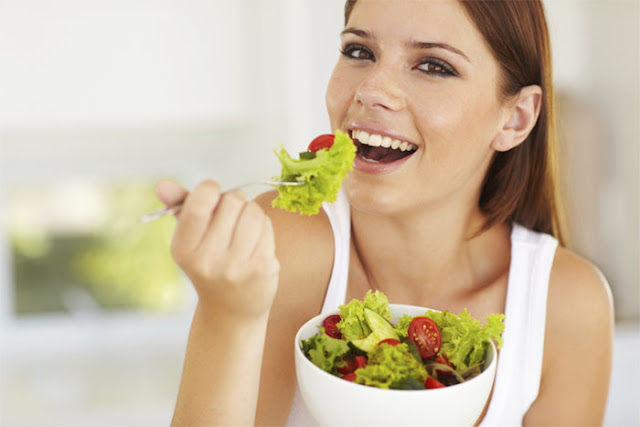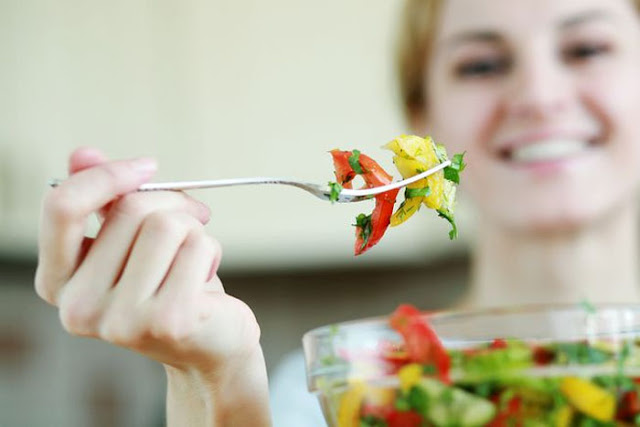Type ‘where do vegetarians get their protein from’ into Google and you’ll get an eye-watering 17,400,000 million hits. It’s the question that makes every vegetarian roll their eyes with frustration, but, clueless baiting from carnivores aside, are we actually getting all that we need for optimal health?
Whether you’re a lifelong veggie, a newbie (welcome!) or just dipping your toe into the #MeatFreeMonday pond, the debate over protein continues to flummox us all. So, the meat and fish are out, and if you’ve gone vegan, the eggs and dairy are gone, too. But in our efforts to sustain the planet, support animal welfare and improve our health, have we lost an integral nutrient for our development and wellbeing? “A common concern amongst plant-based diets is a lack of sufficient protein,” says Harley Street nutritionist Rhiannon Lambert.
“Higher-protein diets promote muscle strength and satiety and protein is of course vital for muscle and bone health but also for our cellular structure, even affecting our skin and hair.” So we know it’s important, but what actually is it? “Well, just like carbohydrates and fat, protein is a macronutrient required in large amounts for us to survive,” continues Rhiannon.
“All sources of protein are made up of organic compounds called amino acids, often known as the building blocks of protein. Though there are about 20 different types of amino acids, nine of them are collectively referred to as essential amino acids and these can only be supplied by the foods we eat, as our bodies cannot produce them naturally.”
While all nine of those essential amino acids can be found in animal sources, our veggie diet of beans and whole grains could be lacking, then? Not so says Rhiannon: “Plantbased diets have an array of health benefits including a 15% lower risk of developing or dying from a cancer, reducing symptoms of arthritis and reduced risk of developing Alzheimer’s disease. Protein isn’t just about quantity; it’s
also about quality. Roughly 20% of the human body is made up of protein and as our bodies don’t store protein, it’s important to get an adequate amount from your diet every single day.
Thankfully, there are plenty of delicious, protein-rich, plantbased foods to consider. It’s also important to vary your sources of protein throughout the day, as each provides different amino acids, vitamins and minerals that are all uniquely important for your health.” You know what they say, variety is the spice of life! Read on to find out how much protein you should be consuming, which
foods are packed with the good stuff and common signs to look out for that could suggest a deficiency...
“Higher-protein diets promote muscle strength and satiety and protein is of course vital for muscle and bone health but also for our cellular structure, even affecting our skin and hair.” So we know it’s important, but what actually is it? “Well, just like carbohydrates and fat, protein is a macronutrient required in large amounts for us to survive,” continues Rhiannon.
“All sources of protein are made up of organic compounds called amino acids, often known as the building blocks of protein. Though there are about 20 different types of amino acids, nine of them are collectively referred to as essential amino acids and these can only be supplied by the foods we eat, as our bodies cannot produce them naturally.”
While all nine of those essential amino acids can be found in animal sources, our veggie diet of beans and whole grains could be lacking, then? Not so says Rhiannon: “Plantbased diets have an array of health benefits including a 15% lower risk of developing or dying from a cancer, reducing symptoms of arthritis and reduced risk of developing Alzheimer’s disease. Protein isn’t just about quantity; it’s
also about quality. Roughly 20% of the human body is made up of protein and as our bodies don’t store protein, it’s important to get an adequate amount from your diet every single day.
Thankfully, there are plenty of delicious, protein-rich, plantbased foods to consider. It’s also important to vary your sources of protein throughout the day, as each provides different amino acids, vitamins and minerals that are all uniquely important for your health.” You know what they say, variety is the spice of life! Read on to find out how much protein you should be consuming, which
foods are packed with the good stuff and common signs to look out for that could suggest a deficiency...














Tidak ada komentar